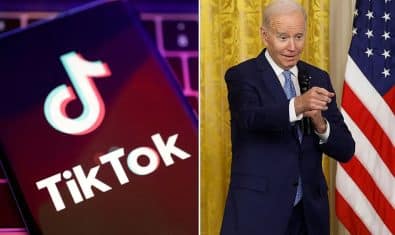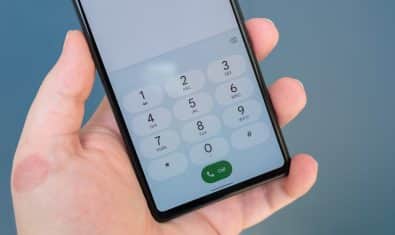With the economic boom witnessed during the Musharraf era, two sectors reported the strongest growth rates among all: banking and telecom.
The introduction of consumerism within the local community was one way to release the strong grasp of the frugal middle-class from their savings of decades, and invite them to indulge in various offerings of luxury and investment.
Plastic money had not been a successful center-piece of Pakistan’s commercial economy, with the checking system holding a dominant hold and cash considered king. Even though the ATM and credit networks existed in the 90s through international banks in Pakistan, the uptake of such tools was minuscule. The entire banking system was location-centric, with each branch being a completely independent entity due to the lack of a computerized network across the nation.
The emergence of financing solutions and online banking in recent years have pushed the community to see banks as more than just money vaults. Even though there is still some rigidity in the system, privatization of institutions and increased competition has resulted in more options for the average consumer.
The biggest winner in the overall revamp is the ease of money transfers, whether intra-bank, inter-city or international. Using the word ‘ease’ is done relatively, with the knowledge that the red tape still remains in some way or form. However, most would agree that the transfer system is now a step forward than what it was in the 90s and early 00s.
Mobile communication in Pakistan is still growing out of its infancy; analysts often attribute the market as a pre-mature baby that has had to make jumps instead of gradual growth like other countries.
Whether this is due to a strong uptake in telecom-banking or the delay in technology roll-out, the boom in the segment caught many operators unprepared at the start. The companies have been quick to stabilize their service provisions, allowing for innovation to return to the sector and new streams to be investigated. Out of all the options, linkages with financial institutions to grab a share of the mobile banking and money transfer market have become the new playground.
Convenience and accessibility is what mobile banking is all about. A recent article in the ‘The Time’ showcased the banking revolution of Kenya, where Safaricom has transformed from being a communication provider to one of the strongest entities in the financial services segment. The model adopted by the company has been one of simplicity; providing access to functions that were once considered out of reach for the unbanked majority. Other operators across Africa and the world have jumped on the bandwagon and are in the process of rolling out similar services in order to share a piece of this untapped market.
In Pakistan, Telenor took the first plunge by launching Easypaisa and the results have been encouraging. With competing operators scrambling to get their services aligned and operational at the earliest, analysts are expecting the next phase of battles to be for more than call rates.
The market for transfer services in the country is not confined to the rural locations of the country, as the urban centers also hold potential for many aspects of the financial services. With regulatory requirements coming into play for such services, the microfinance institutions have become the target for the mobile players and others, as each entity pushes to capture some share of the segment.
And there are other non-cellular entities who have analyzed deeper layers of the mobile banking model that can be applied to the national market.
For the cellcos of the country, the normalcy in revenue growth from voice and data services has pushed the need to diversify. It is hoped that the financial services adoption may be better though out, and an understanding of the market needs to be incorporated when jumping into these waters.
Maybe, this time around, the consumer should push for their voice to be heard, rather than just sing along to the jingles of the cellcos.



























Fawad – I’d like you or other writers (who are responsible here for such areas) to speak on Cell phone companies special numbers!
For instance, when I speak with many gamers including the in house communication of our own strategies, we emphasize on using our own models to make money rather than depending on advertisements.
For instance, we are developing a game where at certain stage, players have to buy “Credits” in order to speed up that particular level or to unlock a new weapon (things like that) and we want them to use their cell phone and send a message on xxxx number and Rs.5/10/15 will be deducted from their cell phone! (Since majority of users won’t pay in Pakistan just because of our banking structures).
Now the thing is ~ that in order to register such numbers, i have to spend almost quarter of a million or may be more now ~ and let’s say a new company manages somehow to do this!
the actual problem is that we only get 10-25% of those revenues. So if 10,000 users pay us Rs. 5 and we get Rs. 50,000 on any particular day so we’ll only get Rs. 15000!
(Now according to our calculations we need almost half a million active users on game to reach such level of Rs. 50000 every day) But if we end up with Rs.15k every month, We reject the idea and rely on our personal contacts (if any) and mood of companies to advertise directly in games (rather than putting a simple magazine advert with no mode of knowing its results).
So I thought if they cannot reduce the cost of registering such numbers for IT related companies (gaming companies especially) then they should, at least, work for a product where we see hope!
Do check with other gaming companies in Lahore, Islamabad and Karachi! This is a huge market and we cannot just wait!